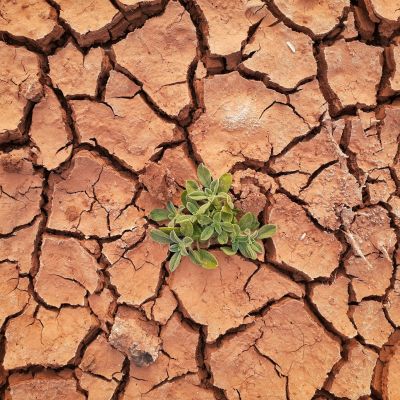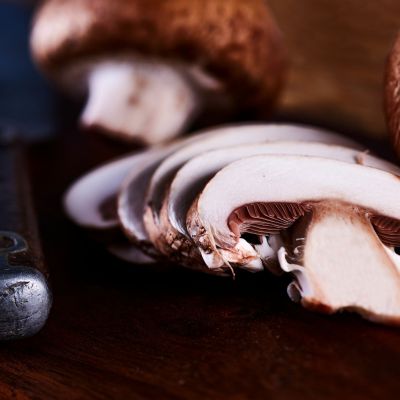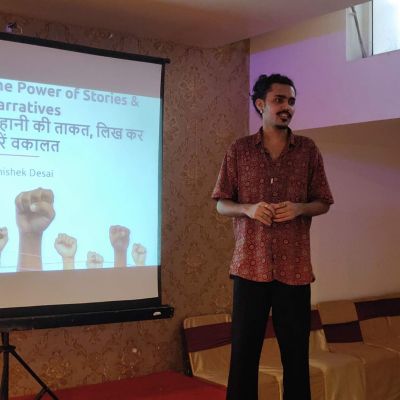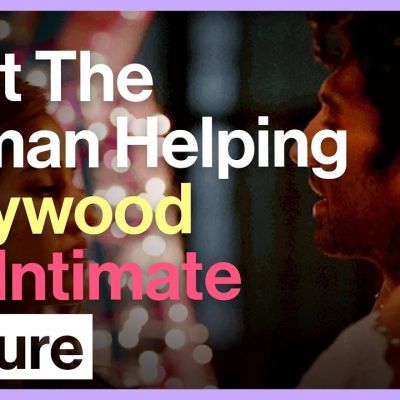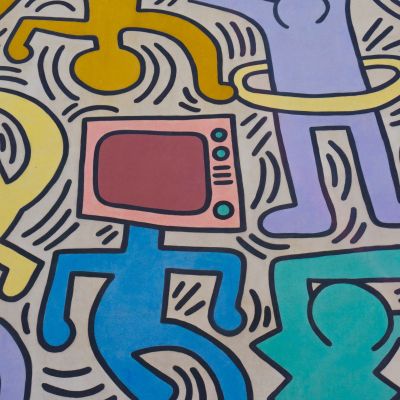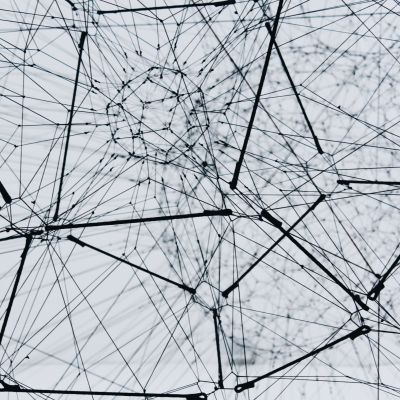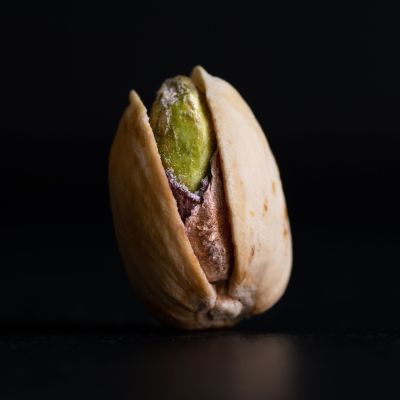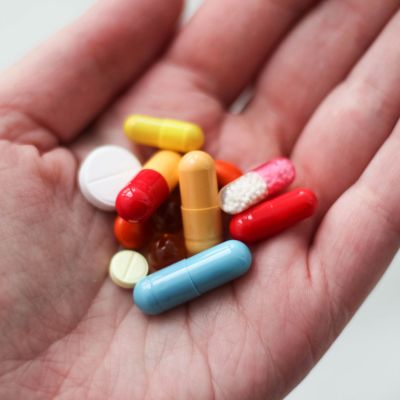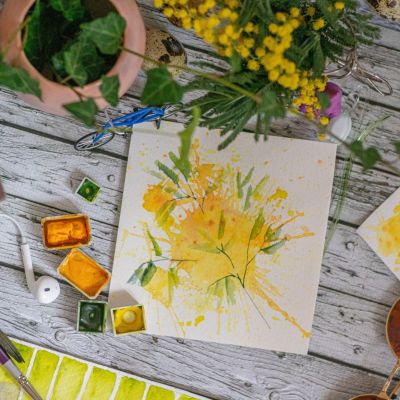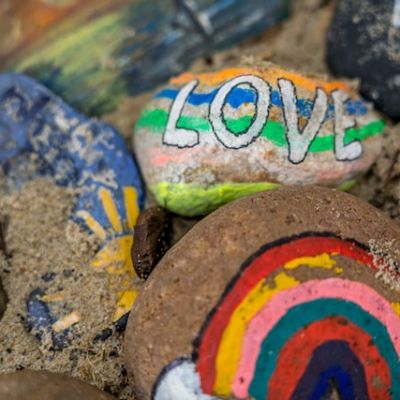intimacy
I would once again be theirs, in memory, on the day my lover would die.
The pandemic and lockdown isolation made recovery harder for people with sex or porn addiction because of a lack of support systems that enabled their recovery.
Aastha Khanna is India’s first intimacy coordinator who is making sure that a film’s vision is realised without flouting anyone’s boundaries, or leading to general awkwardness on set, especially when it comes to intimate scenes.
I was not simply stuck within the binaries of “same-sex” or “opposite sex,” assuming that any reference to “same-sex” is in itself already revolutionary. But the call to recognise friendship, is a call to recognise so many forms of community that are made invisible by the emphasis within a liberal or conservative framework on “marriage” as the only path to family making.
But self-care is not a clean and happy procedure, it is not definitively achievable when systematically explored. To understand the scope of self-care we need to see the ‘dark side’ of the landscape, and destroy the versions of self-care that denounce our plurality. In this fight, the only outcome can be a recognition of experiences beyond the wellness narrative structured around the neoliberal agenda. This article is an attempt at foregrounding some aspects of self-care that decentralise the prevalent commodification of it.
That offline patriarchal norms are travelling online – lock, stock and barrel. Digital technologies may appear to be gender-neutral, but floating below their waters is the whole kit and caboodle of patriarchy.
The short-lived thinness had left me before I knew it. I became fat, and thereby undesirable, once again. A chasm appeared in my relationship with my body. Its ways of responding had become strange. My form became unfamiliar to me, and to those around me.
The simple truth is that my body and I are having an affair. We each obsess about the other, ask questions and desire each other so much, that it often borders on the shameless. My body is more in love with me, I suspect, than the other way around.
For me, pregnancy was a strange state of being so present and so aware of my body, while at the same time being separate from it. This experience really did a number on me during those nine months and during the postpartum period.
It is unusual to find films that focus on older people, especially women, given our obsession with youth, ‘fit’ bodies and beautiful faces.
Many disabled people in India live with their parents and any expression of sexuality is suppressed as a rule within the confines of their homes. Sexual desires of persons with disabilities are seldom a priority issue for families or civil society. More is said through silence than words. Be grateful that you are alive. Isn’t that enough?
Self-care is influenced by the environment we inhabit, the way we relate to others, the way we negotiate with other living beings or structures. Self-care is also interlinked with other types of care – whether that is in community resources, psychosocial support, engagement with medical and health care institutions, and of course in collective agency and solidarity.

